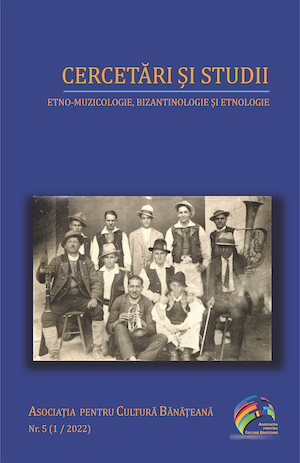Elemente de limbaj muzical ale poemului Vltava în transcripția pentru harpă a compozitorului Hanuš Trneček
Elements of Musical Language of the Poem Vltava in the Transcription for Harp by Composer Hanuš Trneček
Author(s): Mihaela Dolniceanu FaurSubject(s): Education, Customs / Folklore, Music, 19th Century, History of Art
Published by: Editura Eurostampa
Keywords: evolution; unification; national schools; folklore; adaptation;
Summary/Abstract: In the first half of the 19th century, due to a natural desire to develop the arts, national music schools were born. Their musical language was inspired by popular creation and their aim was to promote cultured music based on traditional music. Czech music developed from the struggle for independence and unification of the Czech people. Musicians such as František and Jiří Benda, Josef Mysliveček, Jan Dussek, Johann Stamitz will play an important role in founding Czech musical classicism, influencing their descendants, B. Smetana and A. Dvořák to continue the musical traditions, their creation constituting a true musical Renaissance. Vltava is a masterpiece as a symphonic poem, but above all as the Czech people's flagship. Composer Hanuš Trneček's transcription for harp is an important piece in the harpist's repertoire, he combines both important elements of technique and elements of expressiveness that bring out the harp's distinctive characteristics.
Journal: CERCETĂRI ȘI STUDII. ETNO-MUZICOLOGIE, BIZANTINOLOGIE, ETNOLOGIE
- Issue Year: 3/2022
- Issue No: 5
- Page Range: 77-96
- Page Count: 20
- Language: English, Romanian

